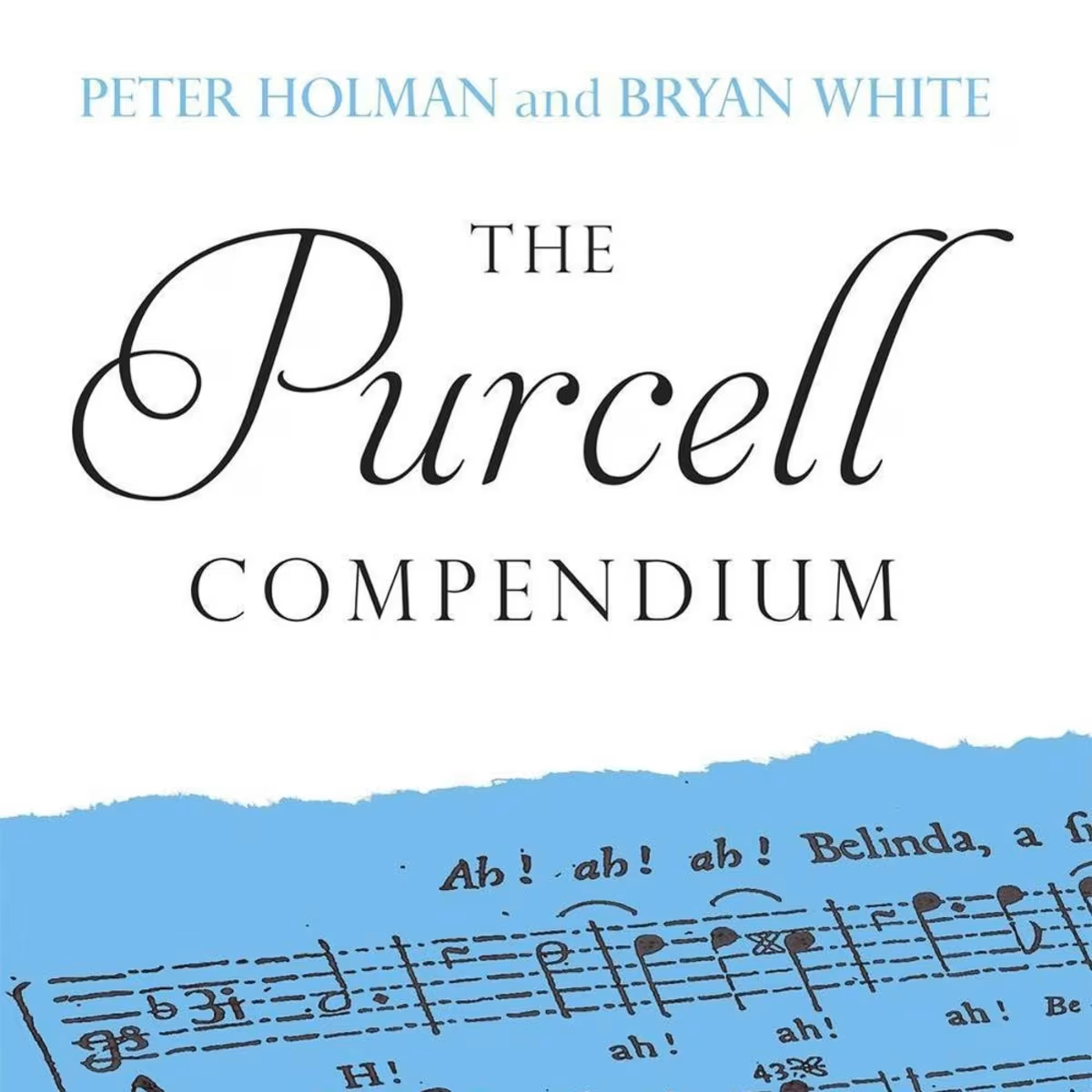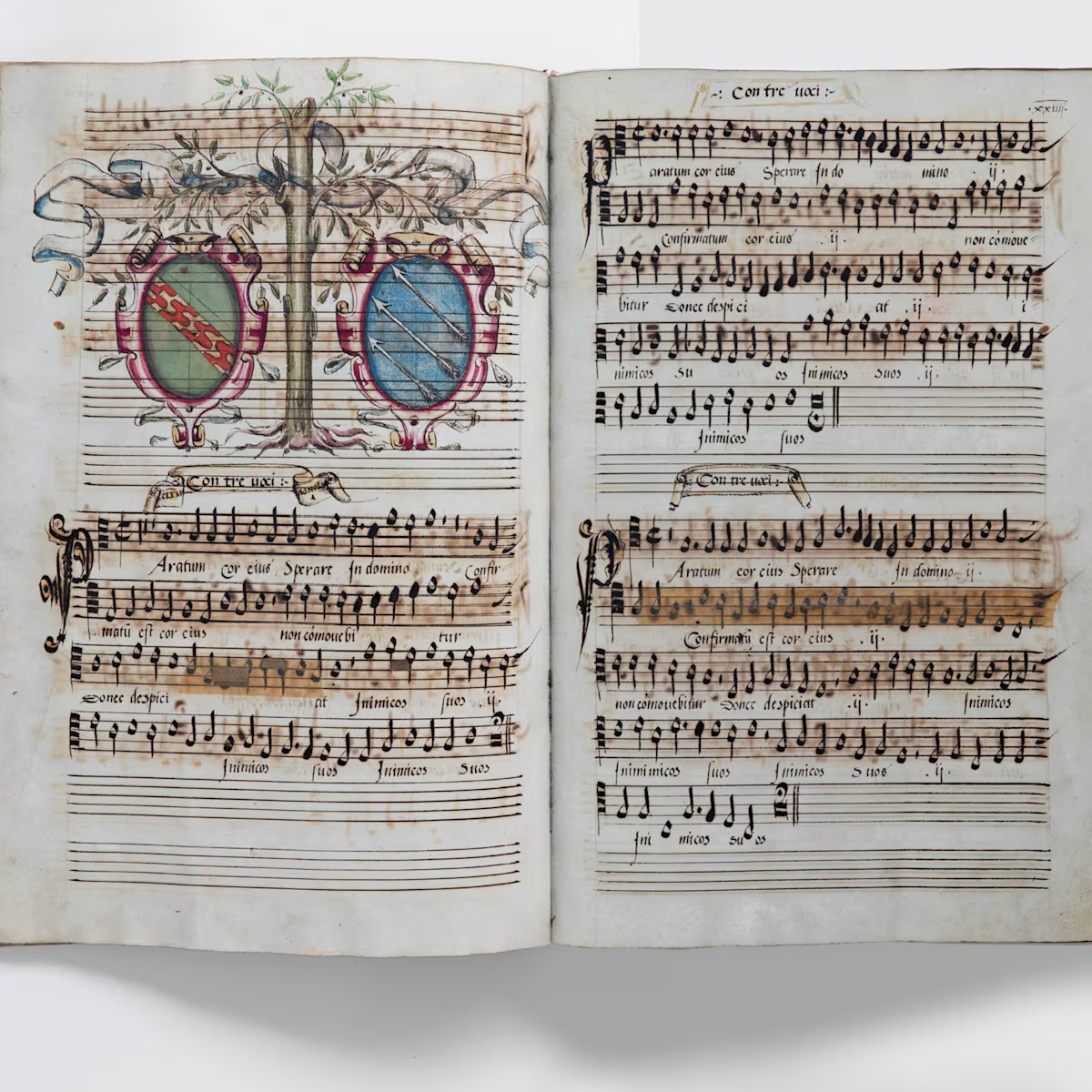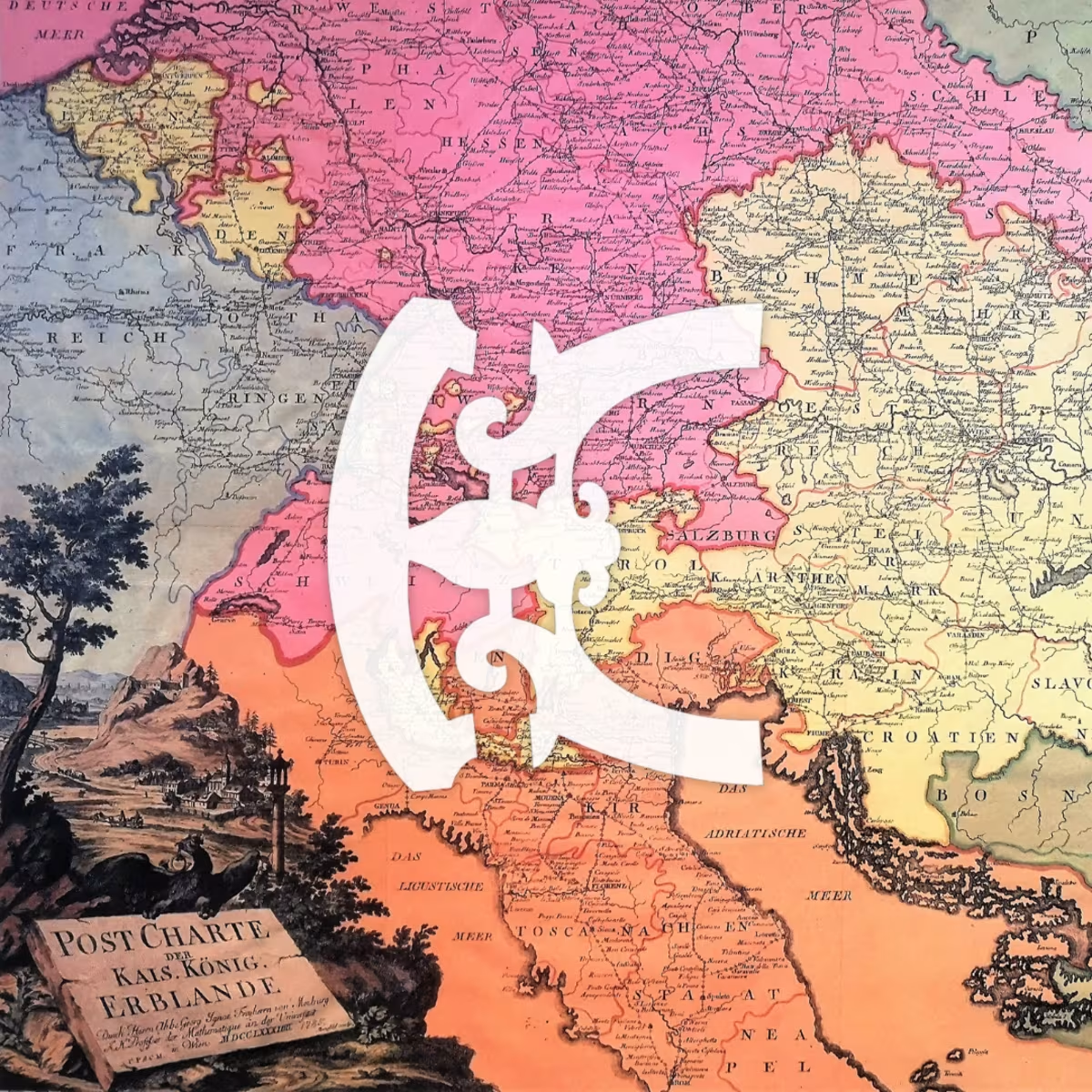Spotlight
In conversation: Elitsa Bogdanova
Continuo Connect meets violist Elitsa Bogdanova
Share this

FIRST PUBLISHED 16 JUN 2024
Bulgarian violist Elitsa Bogdanova is a member of the award-winning Consone Quartet, former BBC New Generation Artists. She also performs regularly with other chamber groups, orchestras and period instrument ensembles. With Consone Quartet, Eli has just finished recording the second volume of their Mendelssohn Quartets cycle for Linn Records. They are also preparing for a number of collaborative concerts in the coming weeks with repertoire including the Schubert Octet, Brahms Piano Quintet, Clara and Robert Schumann & Felix and Fanny Mendelssohn Lieder arrangements by Bill Thorp and works for string sextet by Mozart, Richard Strauss and Gavin Bryars. Outside of her work with the Quartet, Eli is particularly looking forward to performing two short recitals with pianist Ashok Gupta as part of the Cheltenham Festival. Another project she is hugely excited about is playing Beethoven's 9th Symphony from memory with the Aurora Orchestra at the BBC Proms this summer.
What is your earliest musical memory?
Singing in harmony with my mum.
What is your superpower / superhero ability?
I can raise both eyebrows separately, and I can remember the lyrics to too many bad pop songs.
What is your greatest fear?
I have a genuine fear of TACET… Sitting on stage for long periods of 'rest' can make me feel trapped and restless. I would much rather keep busy and I really admire wind, brass and percussion players in this respect.
How has classical music influenced your life outside of performing?
I just skipped the question about what hobbies I have outside of music, which probably says a lot about my life as a musician… Joking aside, music for me is all-encompassing in the best possible way, and it is very much a part of my everyday life, providing me with a good variety of challenges. I would say that being a musician makes me feel whole, even if it means that I hardly ever switch out of work mode.
What made you join a period instrument quartet?
I started playing the viola as a teenager and joined my first string quartet a year later. I have been part of string quartets ever since and have always felt that it is an important part of my musical identity. Being able to combine that with another interest of mine, historical performance, came quite naturally once I found the right people - the Consone Quartet. Our mutual love for the blend gut strings can offer, as well as a shared understanding of structure and harmony, seemed to add an extra dimension that really sped up the process of getting-to-know-each-other.

What’s most challenging about being part of a string quartet, and how do you overcome those challenges?
Spending a vast amount of time with three other people is a pretty unique scenario, that comes with its challenges. We are constantly evolving in the way we communicate with each other and there is always more to learn, but what is important to remember is the huge amount of love and respect we have for each other.
And what is the most fun part about being a member of such a group?
I would say the most fun part, especially when playing music we have come to know well, is the common language we develop together. To be able to go on stage and trust that we can essentially finish each other’s sentences is hugely rewarding.
As well as being a member of the Consone Quartet, you play in many different ensembles around the UK, not all on period instruments. What’s it like to jump between gut and metal strings?
My passion for variety started when I was a student at the Guildhall School, where I played in a string quartet; in a clarinet, viola and piano trio; in a number of early music ensembles; and occasionally, in a flute, viola and harp trio. To this day I love working with different instrument “species” and discovering how our sound worlds complement each other. I believe that once you get used to the idea and have done it enough times, switching between gut and metal strings shouldn’t be a problem.
Do you have a set approach to starting to rehearse a new piece?
In the quartet, we often get to know a new piece by playing through sections of it very slowly. We do this until all four lines have had the chance to 'sing' in a way that is never compromised individually. Eventually, there is a sense of unity, which should allow the overall harmony to shine through. We also try not to make too many fixed decisions about the music, but rather enjoy exploring different options, which keeps our ears open and encourages us to trust one another on stage.
Who is your favourite composer, and why?
I don’t know if I have a favourite, but Brahms is someone I have dedicated a lot of my time to getting to know. Playing and listening to his wonderful chamber music, as well as the Orchestre Révolutionnaire et Romantique’s recordings of his symphonies, were a huge part of why I became involved in historical performance of the Romantic repertoire.
Would you like to shine a spotlight on a teacher, mentor or ensemble who has had a significant impact on your journey so far?
I have been immensely lucky in that respect and I couldn’t even begin to name names. However, there is one person, and I don’t think I have ever told him this to his face. Meeting pianist Alasdair Beatson when I was a student was a hugely inspiring moment. His unique ability to breathe life and character into every note opened my ears to a new world of possibilities. Some years later, Alasdair also chaired the panel of a competition my quartet won, which happened during my first ever week of playing with them. It was a wild and memorable experience, almost like a blind date gone unexpectedly well, where you have instantly found the right one (or the right three)!
Describe a particularly challenging or rewarding moment in your musical journey.
Becoming a mum has been both of those things. The challenge of juggling my time between the two roles can be exhausting and unpredictable, but it has taught me to be more organised, to worry less about the little things and most importantly, it has reminded me how much I enjoy performing.
There are too many viola jokes. But we cannot resist asking: do you have a favourite?
A viola player and a cellist are standing on a sinking ship. "Help!" cries the cellist, "I can't swim!" "Don't worry," says the viola player, "just fake it."
Share this
Keep reading

The Purcell Compendium
A reference volume covering an extensive range of Purcell studies, including his life and works, his milieu and the reception of his music to the present.

Sisters of polyphony
Laurie Stras uncovers the stories behind the extraordinary Biffoli–Sostegni manuscript, and traces the lives of the nuns who sang from it.

Playlist: Mozart’s Travels
In celebration of Mozart's 270th birthday on 27th January, we trace his travels across Europe throughout his life.


